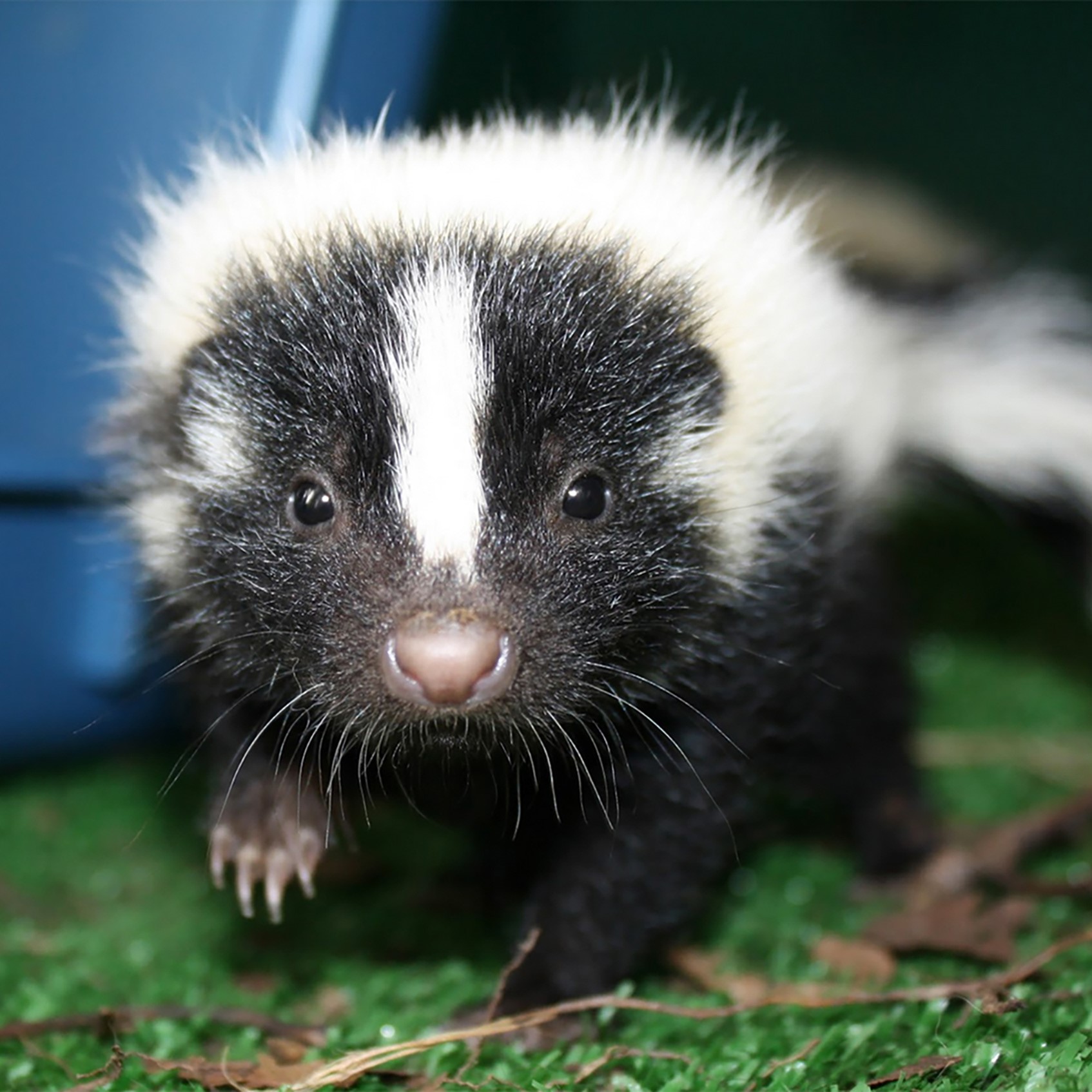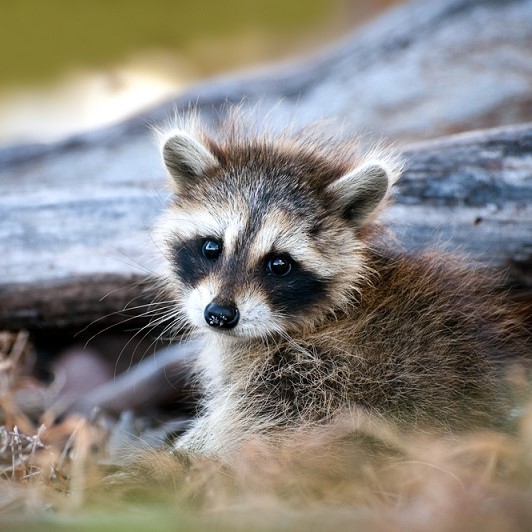Wildlife are busy raising infants and finding new places to call home. From April to September, it's common to see all kinds of wildlife out during the day, including babies and those sick or injured. The Animal Protection Services Department has a few helpful tips on how you can safely observe wildlife during this time, and what to do when you see something that doesn’t seem quite right.
- Google does NOT have the answers! If you have any questions about animals or an animal you are seeing, contact the professionals at your local Humane Society, Animal Control or Wildlife Rehab.
- Do not try to feed wildlife babies or any other wildlife. Hypothermic/dehydrated babies will die if given food of any type. Things like puppy and kitten milk replacer, or bread/crackers are not appropriate food sources for any species of wildlife. Any of these products or other food products can cause serious gastric upset or diarrhea, making their dehydration or underlying issues even worse, commonly resulting in death.
- Caring for wildlife at home is illegal and not in the best interest of the animal. Good intentions can sometimes make the original injury/illness worse or cause new injuries. Call the Humane Society as soon as you have located an animal in trouble.
- Never handle any type of wildlife with your bare hands or allow children to touch or interact with wildlife of any kind. Diseases, ringworm, fleas and ticks can spread easily from animals to humans. Call the Humane Society as soon as you have located an animal in trouble and keep your distance. Leave it to the professionals!


What can you do to build stronger relationships with wildlife?
- Observe wildlife from a safe difference. Use binoculars to get a closer look if needed.
- Teach kids about the different types of wildlife in your neighbourhood using books, and websites like the Canadian Wildlife Federation or Coyote Watch Canada. You can also enroll your child in one of the many camps we offer at the Oakville & Milton Humane Society.
- Spend time in nature by walking in one of the many trail systems.
- Plant gardens with pollinator-friendly plants, reduce food waste by composting or using a Halton Region Green Bin, and do your best to reduce your carbon footprint.
